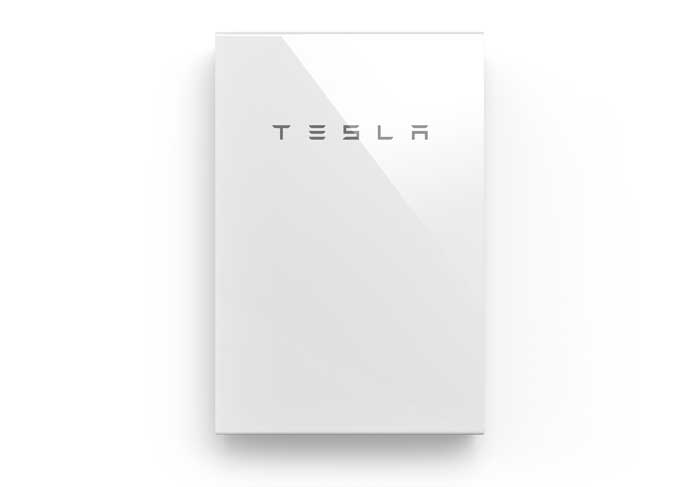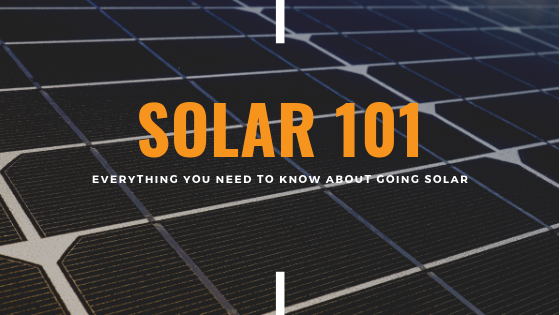Solar has gone mainstream, with home and business owners cashing in on monetary savings while making huge strides toward reducing environmental damage. But with such new technologies, many myths and misconceptions circulate about how solar works, who can afford it, and more.
Once people understand solar, how it works, and its financial and environmental value, most people declare going solar a “no-brainer.” Why? Because solar energy provides the unique opportunity for homeowners and businesses to own and control their own power source and break free from the monopoly of utility companies’ never-ending rate increases. This financially-savvy option has moved from grassroots to mainstream, putting those with the foresight to install now ahead of the curve on both savings and reducing their carbon footprint.
Many people don’t realize that:

- Solar is more affordable than most people think. In the past, solar was expensive and considered a luxury item favored by environmentalists. But equipment prices have dropped significantly while reliability and power production has increased, resulting in lower installation costs, especially when coupled with available local and federal incentives. Plus, many loan options are available, offering helpful features such as zero-down loans and low-interest payments.
- Most people choose to install solar for financial reasons. The long-range savings entices most people to install solar, while the positive environmental impact is a happy bonus. Over 25 years, a system can be expected to save an average homeowner $50,000 or more, and businesses often realize a million dollars in savings
- Many people can save money from day one. Financing a system provides a fixed payment that is often about the same as, or even below, what the home or business owner would have paid in electricity bills. As inflation drives energy costs up, the fixed solar payment remains the same, resulting in extra cash in the owner’s pocket. And unlike extra income, the savings isn’t subject to taxes!
- Solar is a common-sense investment. When you purchase a system, you redirect the money you’re paying to the electric company toward an investment that will save you tens of thousands of dollars for decades. It also adds to property value, as evidenced by the Missouri Department of Energy’s Green Building Registry initiatives, which help quantify the value and recognizes property owners for energy efficiency efforts.
- Energy storage is not a must, thanks to net-metering agreements which keep the savings with the solar owner, while providing round-the-clock, reliable power. But thanks to modern, less expensive battery technology, backup storage, like the Tesla Powerwall, is within financial reach for many.

Learn More About The Tesla Powerwall
SunSource Homes is a certified Tesla installer
A few things to watch out for:
- 30% federal tax credits are still available, but not for long. The U.S. government’s federal tax incentives are set to start decreasing on January 1, 2020, and by 2023, will no longer be available.
- Unfortunately, not all buildings have been constructed with solar in mind, and roofs with dense shade from trees are not good candidates either. Be sure you choose an installer you can trust to advise you according to YOUR best interests.
- Equipment, warranties, and engineering integrity matter. With solar, you tend to get what you pay for. Long-term comprehensive warranties will protect both equipment and labor for 25 years when you choose a premium installer. Skimping by choosing the cheapest option may result in costly repair bills, lower overall production, and installation problems down the line. Choose wisely for long-term confidence in your system. SunSource has one of the best warranty’s in the business – 25 years for equipment, production, and labor.*
- *25 year residential warranty. 5 years in Florida. 5 year commerical warranty everywhere.
☀️READ THIS | Solar Panel Warranty: What Should Be Included?
-
- Solar installers tend to fall into two categories: Established, reputable, local companies with years of experience and satisfied customers, or pop-up companies that often come and go chasing solar incentives to make a quick buck. Choosing the right installer is key to the long-term value of a solar investment.
Keith Graepler, owner of SunSource Homes, explains,
“We make a 25-year commitment to our customers by selecting trustworthy equipment and backing it up with a 25-year residential labor warranty.
We’ve chosen to establish and grow our company locally, supporting our customers for the long-haul. SunSource is in the unique position of selling a product that will put money into our customers’ pockets while benefiting the environment.
It’s an exciting industry, and our mission is to help more people realize its value and go solar!”
- Solar installers tend to fall into two categories: Established, reputable, local companies with years of experience and satisfied customers, or pop-up companies that often come and go chasing solar incentives to make a quick buck. Choosing the right installer is key to the long-term value of a solar investment.
If you’d like to see if solar is the right choice for you, start with getting a
free, no-obligation quote.
Want to know more about going solar? Find more helpful information in our
Solar 101 series!
